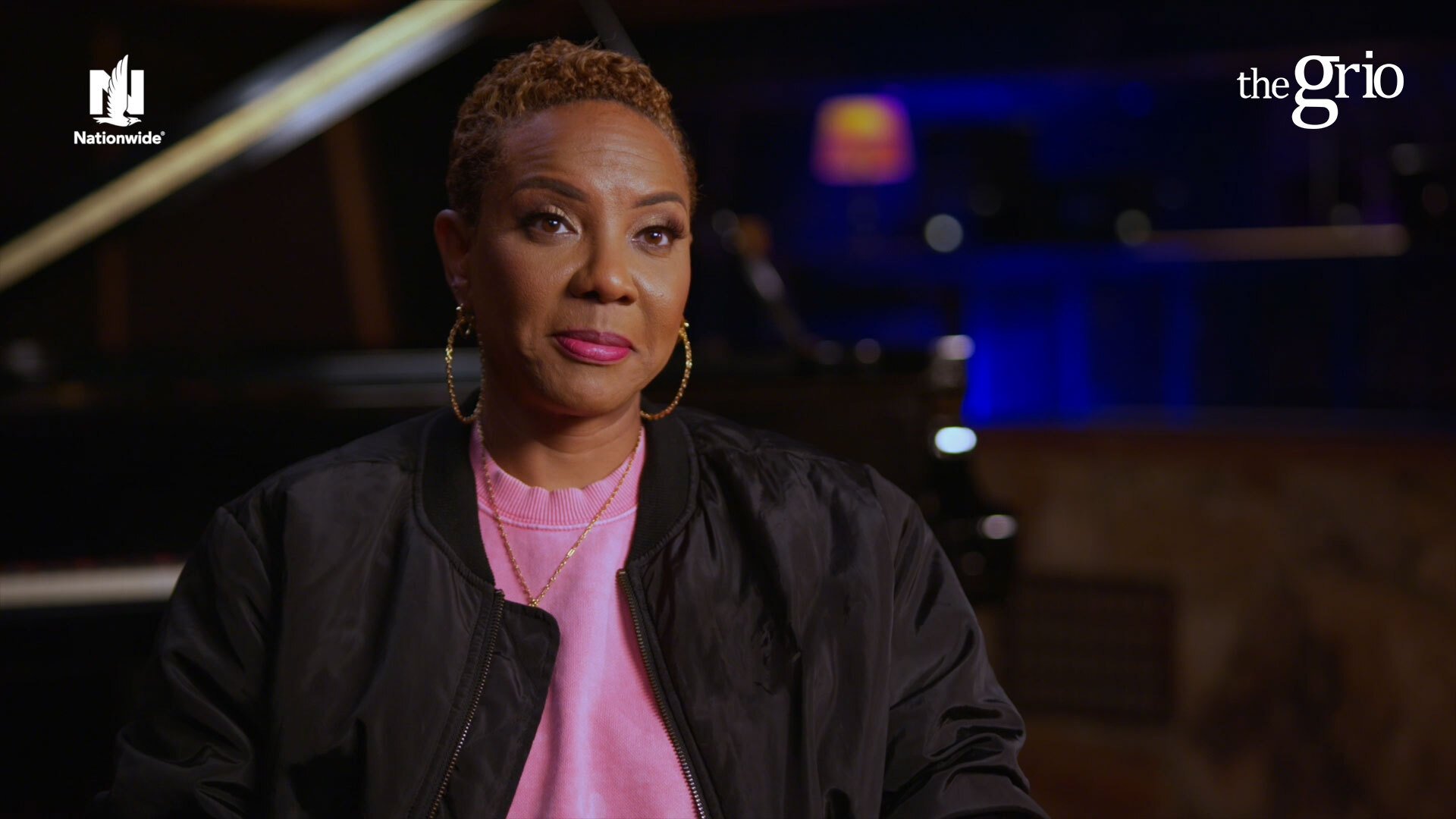We bring news that matters to your inbox, to help you stay informed and entertained.
Terms of Use and Privacy Policy Agreement
WELCOME TO THE FAMILY! Please check your email for confirmation from us.
Hip-hop pioneer MC Lyte made music history as the first female solo rapper to be nominated for a Grammy.
When talking about hip-hop, we must never forget the OGs of the game. MC Lyte is one of them. Born Lana Michele Moorer, MC Lyte remains a highly influential figure in the dynamic world of hip-hop. As one of the pioneering female rappers, she made significant contributions to the genre and helped pave the way for future generations of female artists.
Born during a time when pre-gentrified Brooklyn was truly a melting pot of cultures, MC Lyte began her music career in the late 1980s, having been heavily influenced by her bustling native New York City borough. Surrounded by sounds ranging from R&B group D-Train and disco legend Donna Summer to reggae hitmakers Shabba Ranks and Barrington Levy, Brooklyn helped expand Lyte’s musical palate.
“Growing up in Brooklyn was everything to me,” Lyte tells theGrio. “Brooklyn is the place I would want to be raised.”
Though Brooklyn raised her, traveling uptown to hang with her grandmother charged her appetite for hip-hop, as she heard the likes of The Treacherous 3 and Kurtis Blow booming through the stereo. At school, lunch tables were the makeshift 808s.
“In school, hip-hop brought a sense of individuality. That’s where the calling came from,” says Lyte.
Lyte would put that early inspiration to good use, becoming one of the hottest rappers of the time. Her debut album, “Lyte as a Rock,” was released in 1988 and showcased her unique lyrical style and brash delivery. With empowering and thought-provoking lyrics, she challenged the male-dominated landscape of hip-hop and garnered attention for her skills as a rapper.
MC Lyte’s music often tackled social issues, including racism, sexism, and inner-city struggles. She used her platform to address these topics and give voice to marginalized communities. Songs like “Poor Georgie,” “Not Wit a Dealer,” and “Cha Cha Cha” showcased her deft wordplay and clever storytelling ability.
Don’t get it twisted, though; MC Lyte is a multi-hyphenate. Not only was she known for her music, but she also became an actress, appearing in films like “Fly by Night” (1992) and “Civil Brand” (2002), which showcased her versatility and expanded her artistic reach.
MC Lyte’s impact extends beyond music and acting. Giving back to the community remains an essential part of her ethos. Partnering with Drs. Felicia Shaw and Lynn Richardson, Lyte launched Hip-Hop Sisters Foundation, which has given over $1 million in scholarships to young students to date.
“There’s nothing like being able to tell someone that they now have the funds to go to college,” says Lyte.
It’s no wonder MC Lyte remains a respected figure in the industry and an influential force in hip-hop. Her legacy as a pioneering female rapper and social advocate is cemented, and her impact on the genre will continue to resonate for years to come.
So what’s in the future for MC Lyte?
“More giving. More getting to give. More giving to get.”

